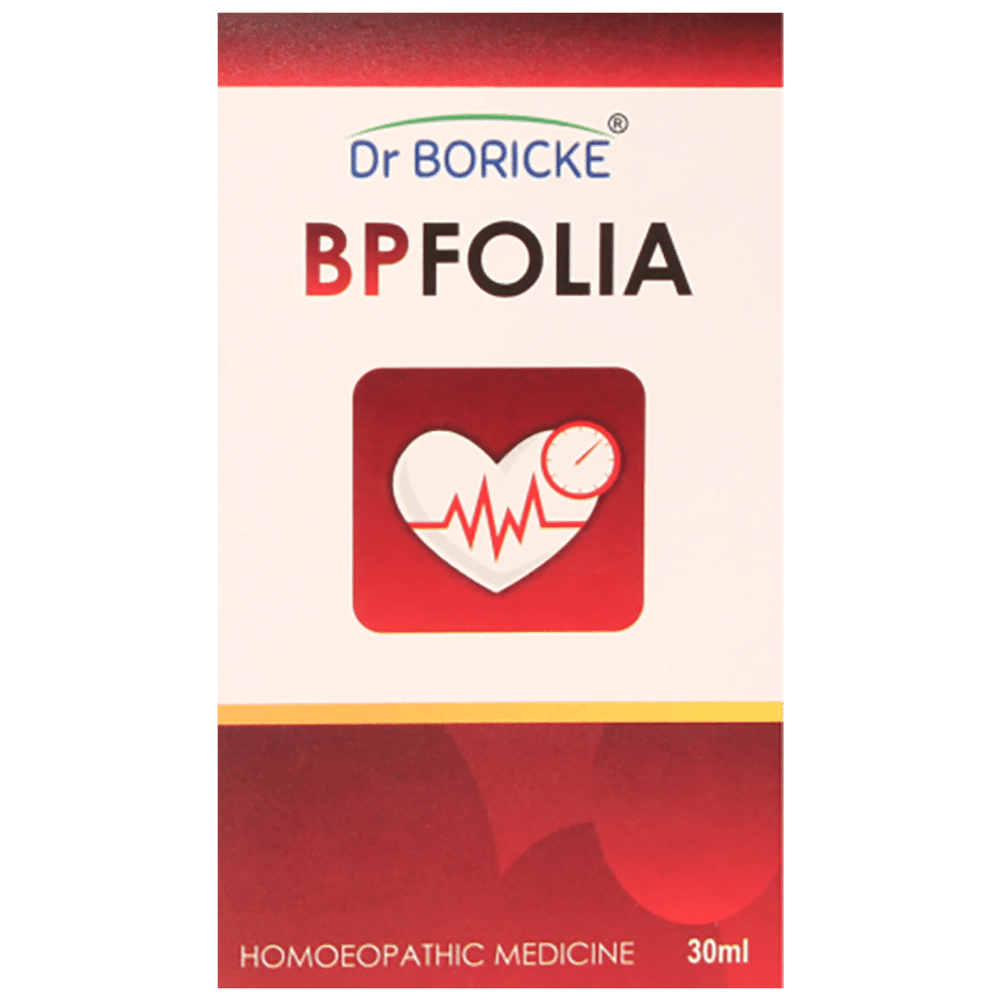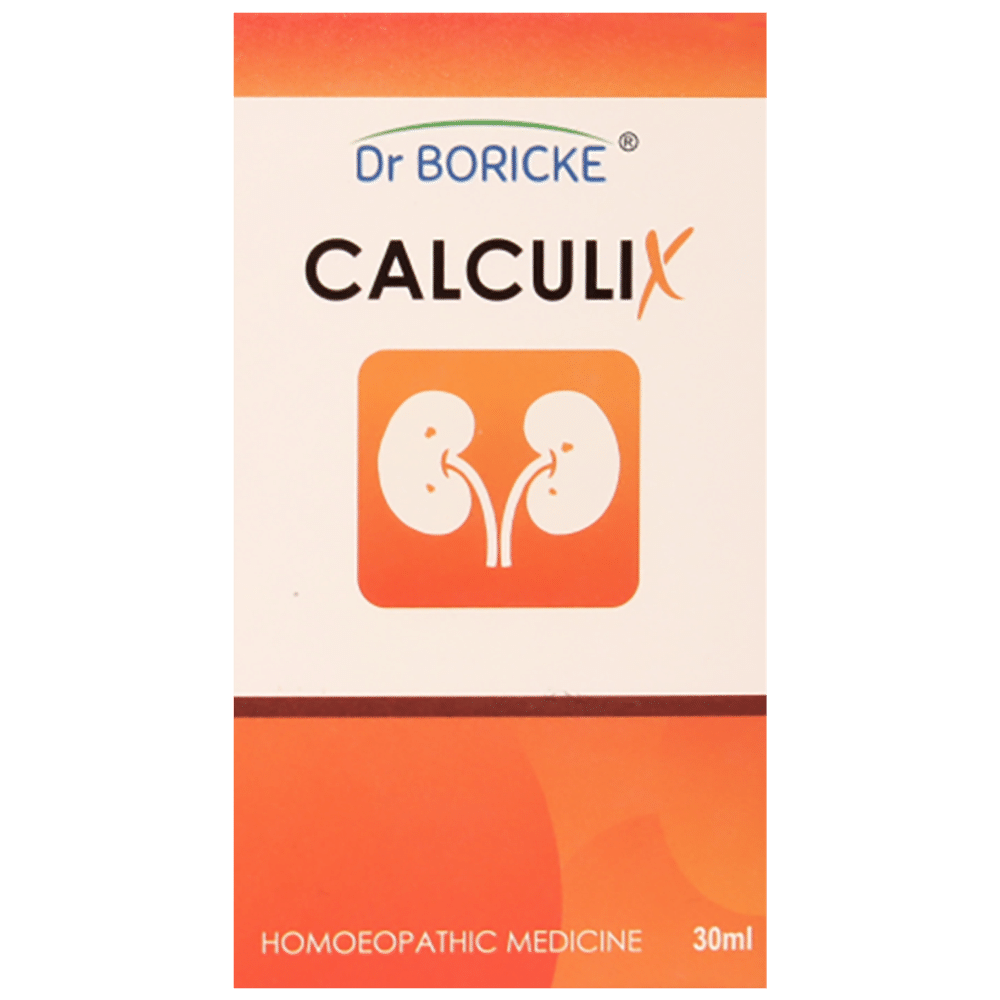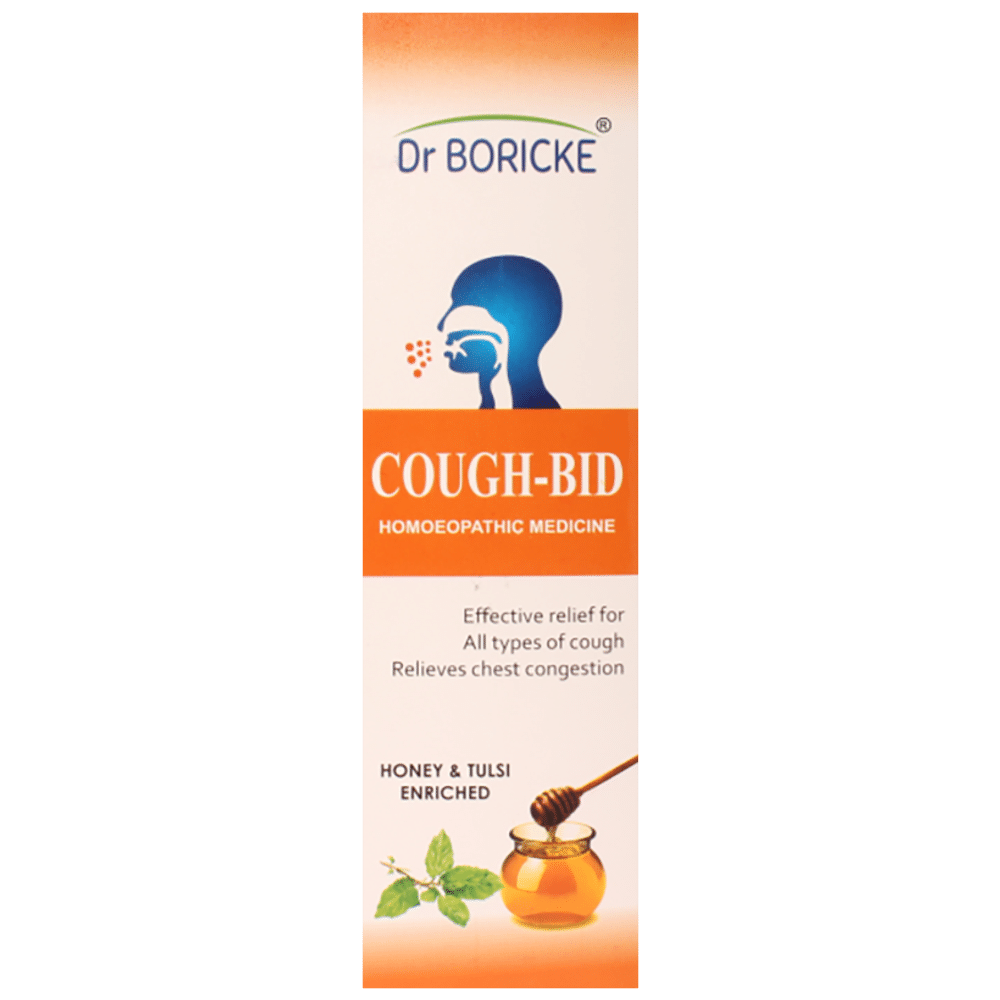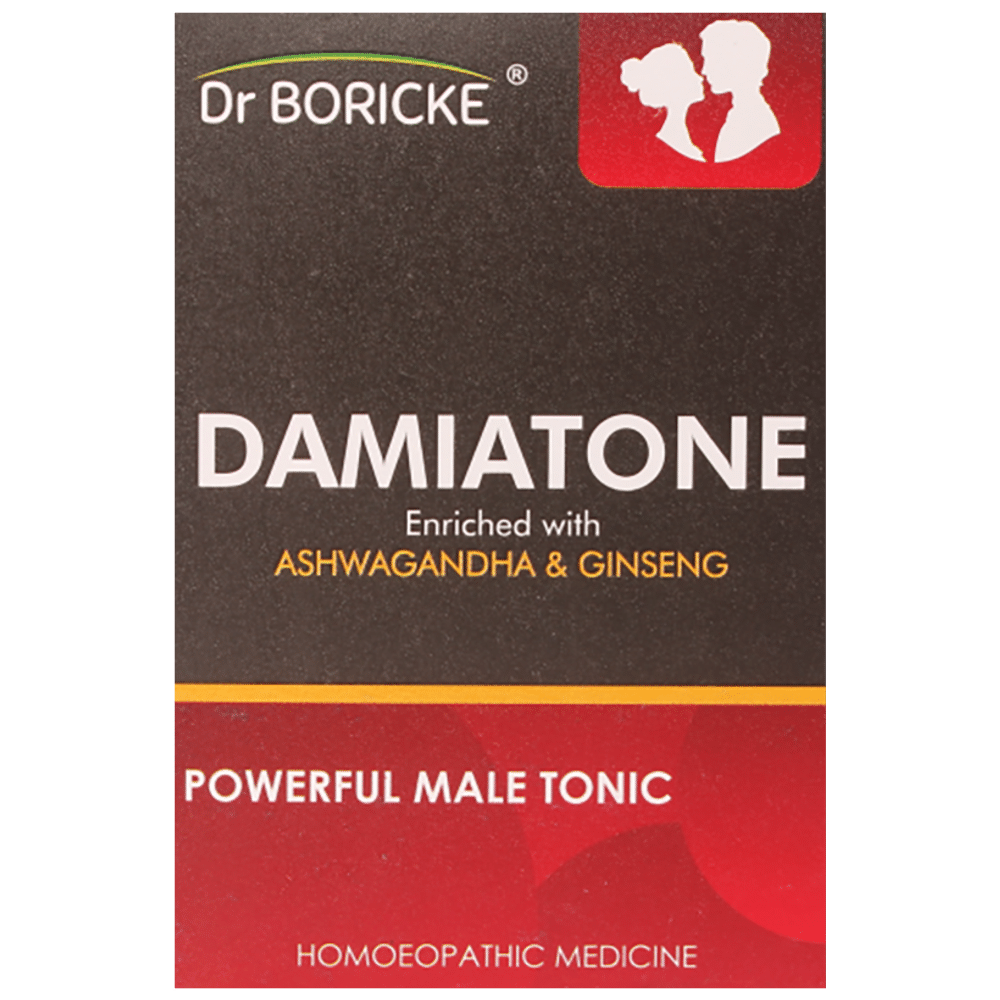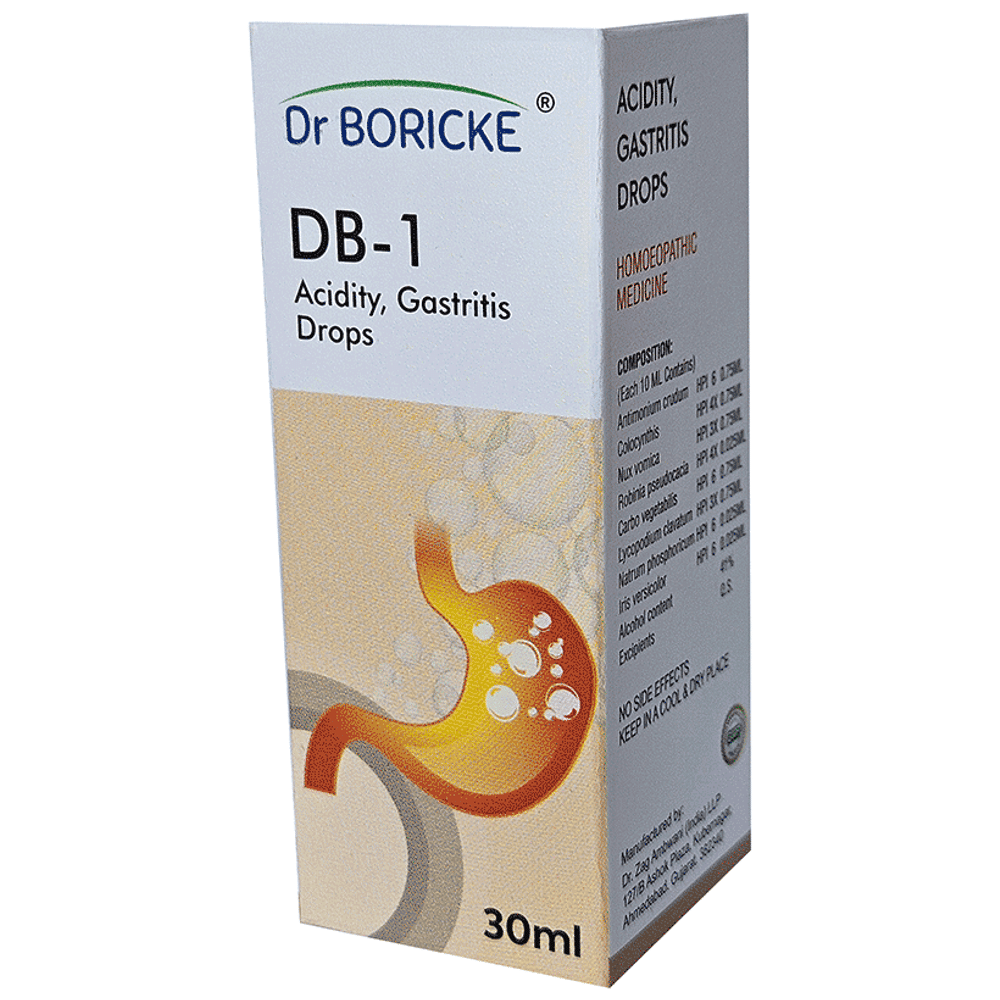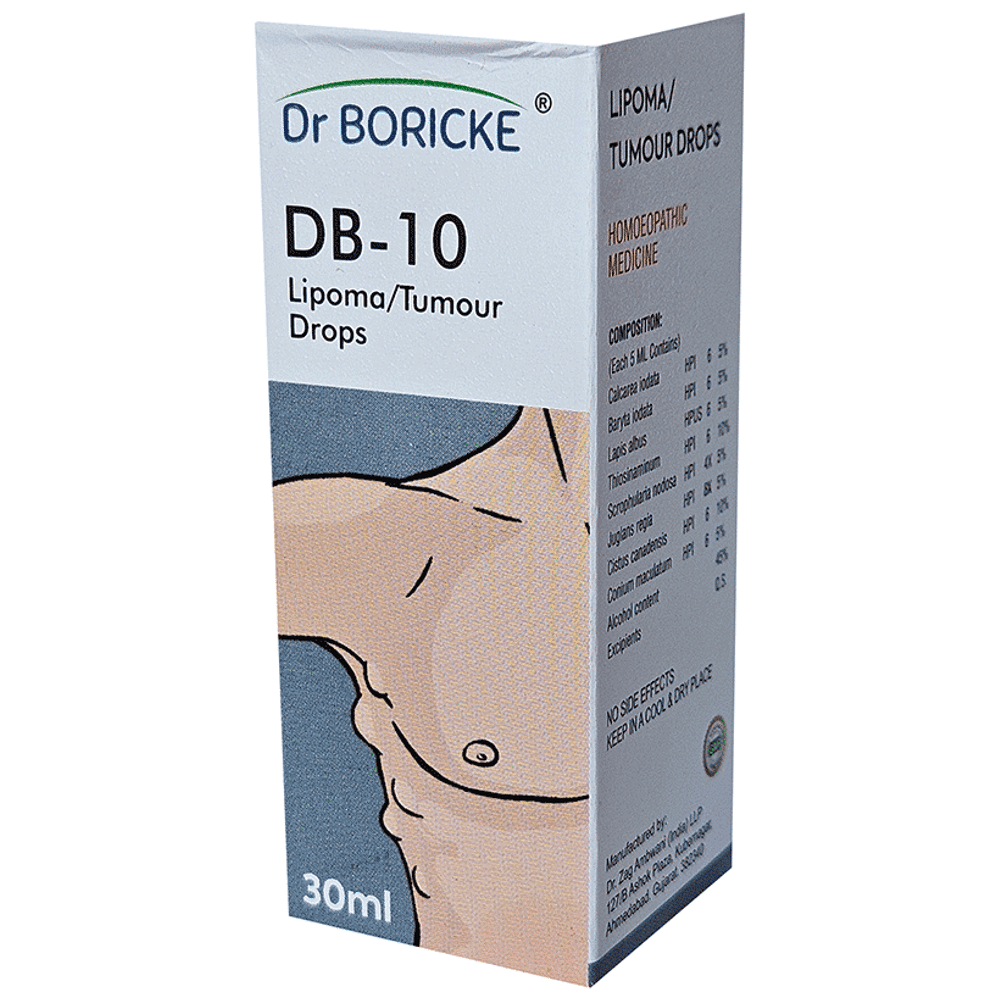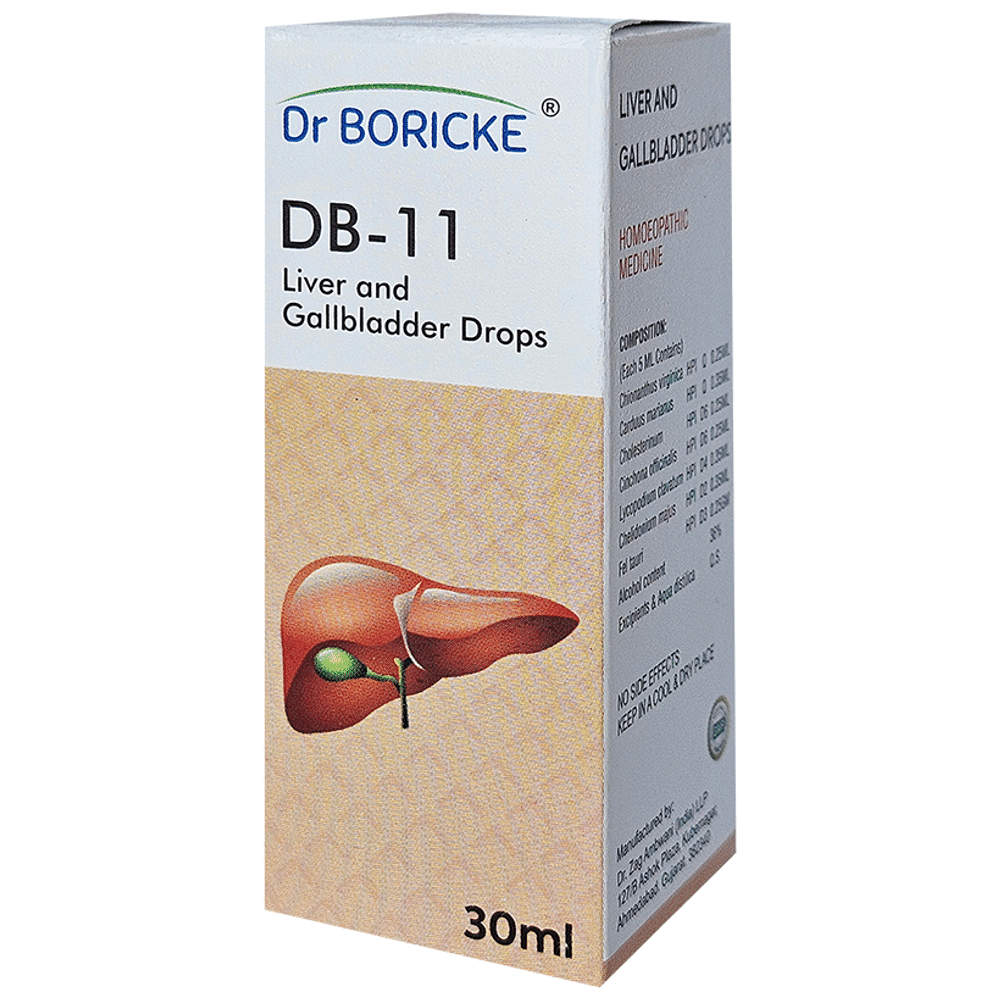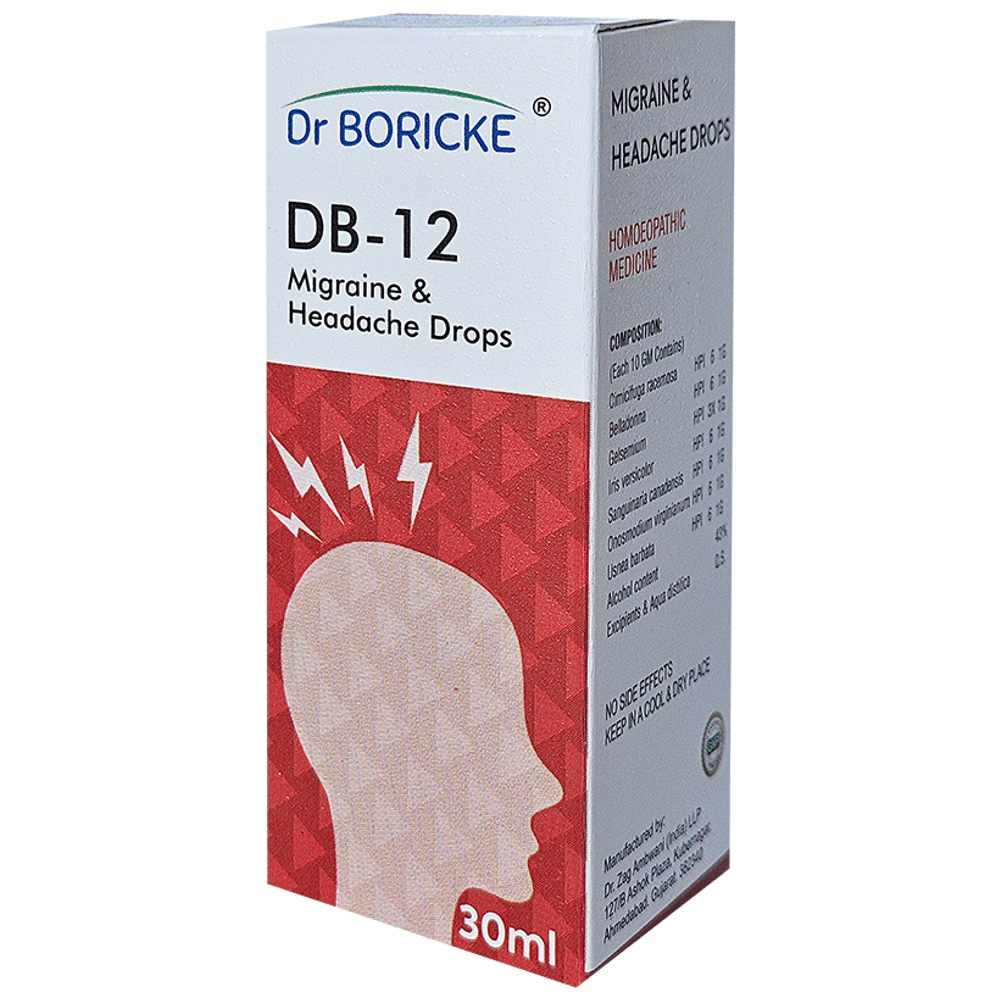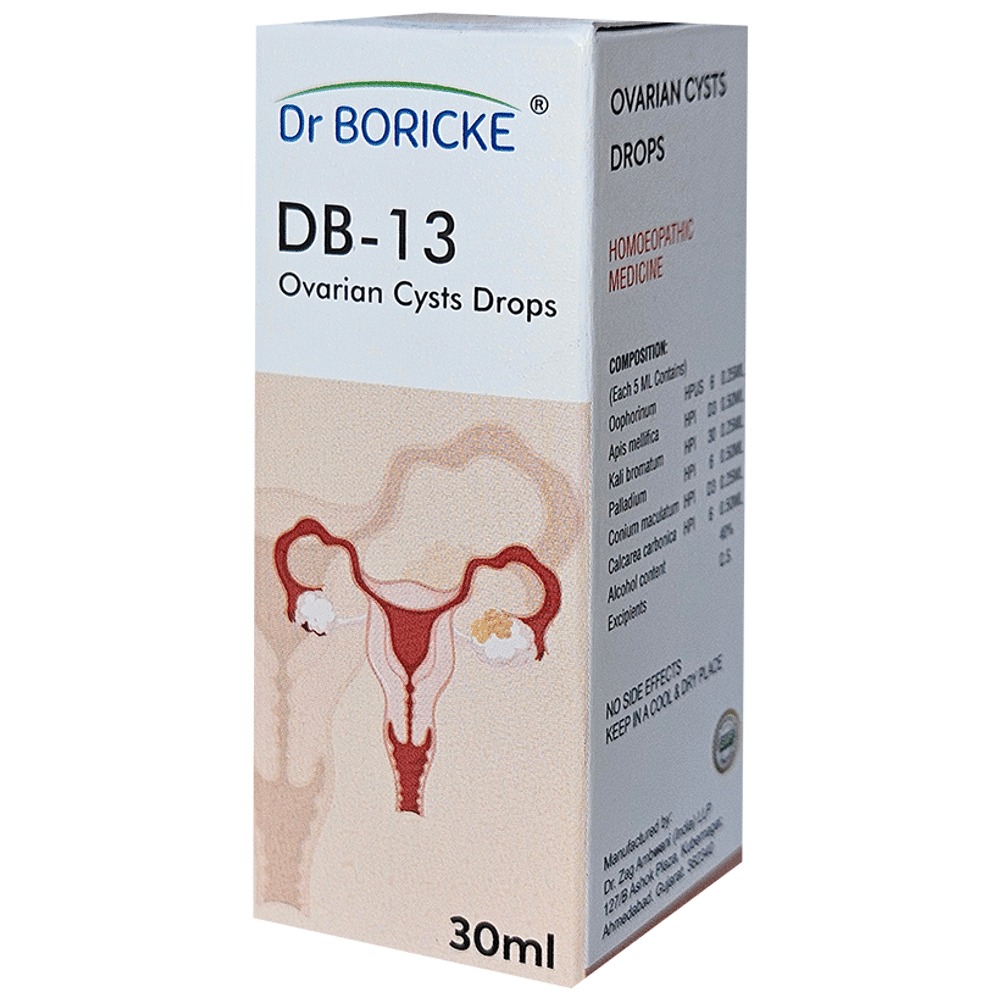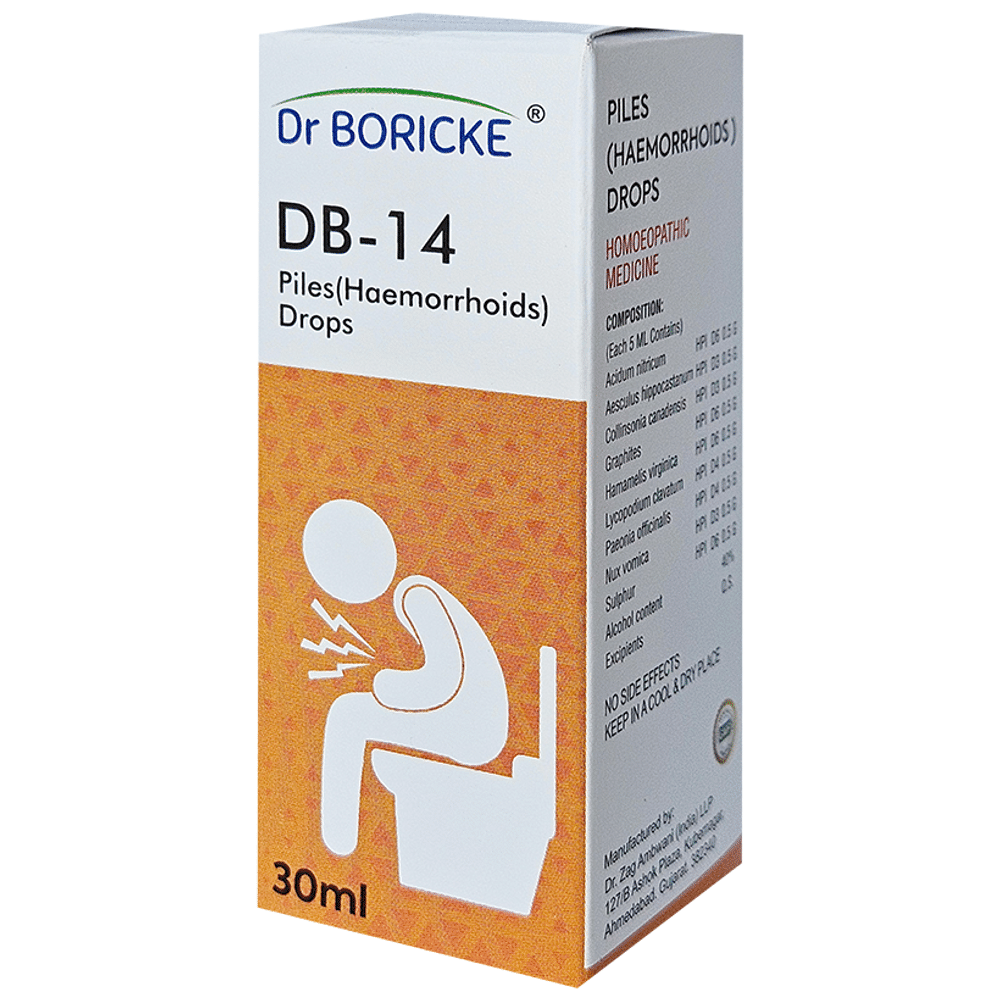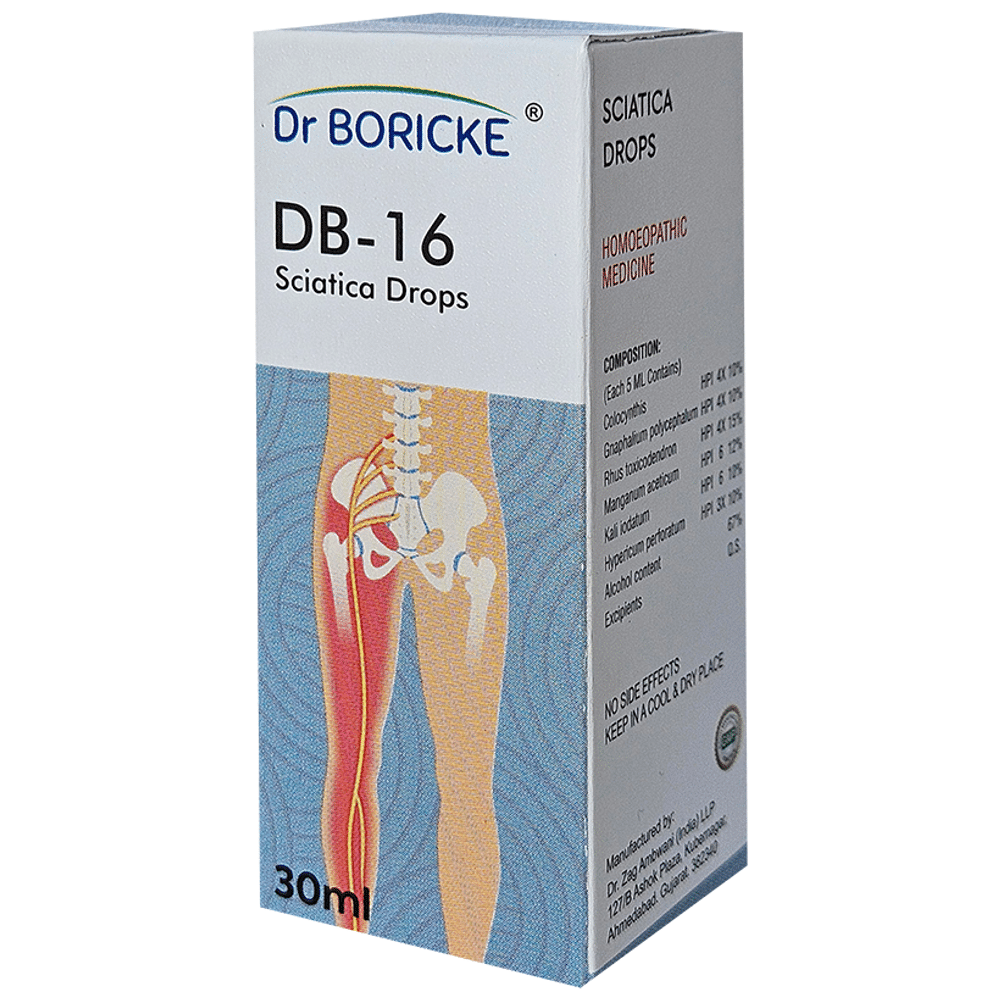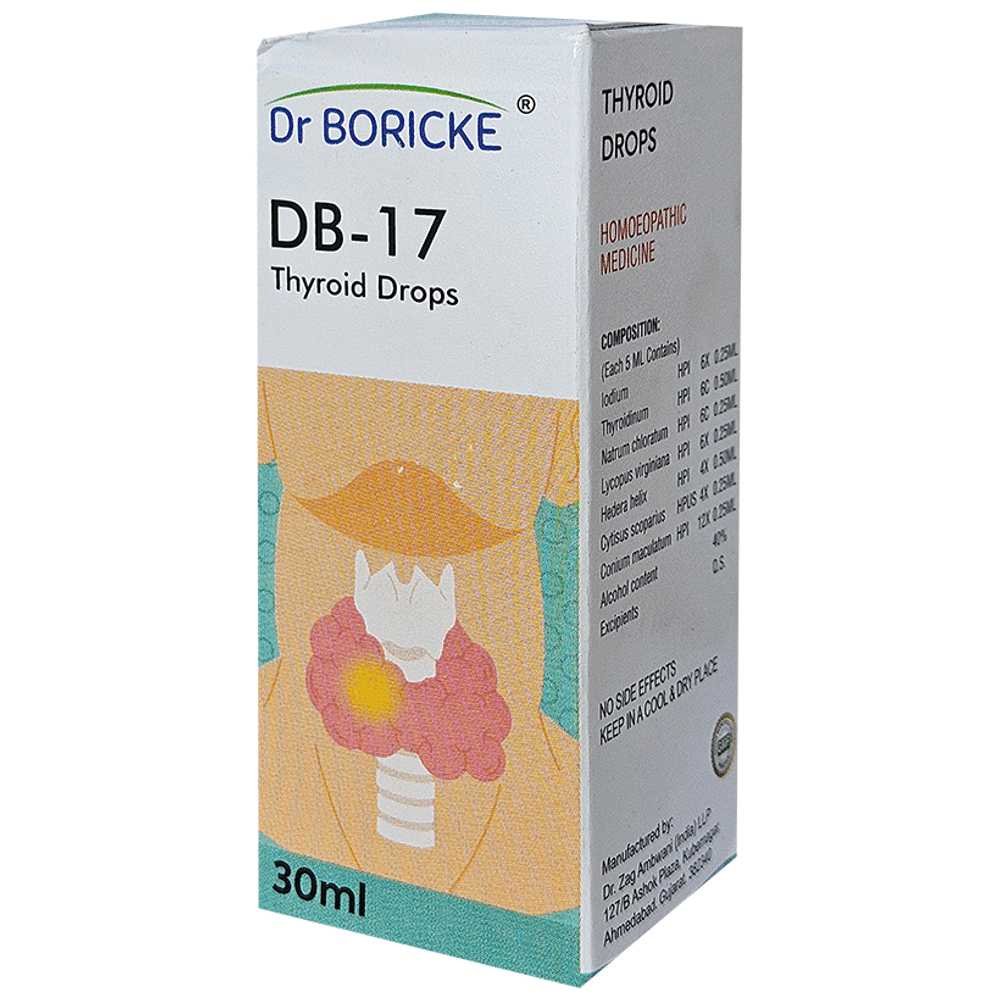
7 Proven Health Benefits of Ginseng
1. Contains antioxidants that may reduce inflammation
Ginseng has beneficial antioxidant and anti-inflammatory properties.
Some test-tube studies have shown that ginseng extracts and ginsenoside compounds could inhibit inflammation and reduce oxidative damage to cells, which can contribute to chronic disease.
The results are promising in humans, as well.
One study in 12 active males found that short-term supplementation with American ginseng extract reduced exercise-induced muscle damage and decreased markers of inflammation compared to a placebo.
A larger study in 2014 followed 71 postmenopausal females who took 3 grams (g) of red ginseng or a placebo daily for 12 weeks. Antioxidant activity and oxidative stress markers were then measured.
Researchers concluded that red ginseng may help reduce oxidative stress by increasing antioxidant enzyme activities.
2. May benefit brain function
Ginseng could help improve brain functions like memory, behavior, and mood.
Some test-tube and animal studies show that components in ginseng, like ginsenosides and compound K, could protect the brain against damage caused by free radicals.
Interestingly, one study in 6,422 older adults found that regular consumption of ginseng for at least 5 years was associated with improved cognitive function later in life.
Another small study showed that taking 200 milligrams (mg) of American ginseng significantly improved working memory after 3 hours, compared to a placebo.
According to one review, ginseng could also help ease stress and may offer benefits for depression and anxiety.
What’s more, other studies found positive effects on brain function in people with Alzheimer’s disease.
3. Could improve erectile dysfunction
Some research suggests that ginseng may be a useful alternative for the treatment of erectile dysfunction (ED).
According to some older research, certain compounds found in ginseng may protect against oxidative stress in the blood vessels and tissues of the penis to help restore normal function.
Additionally, studies have shown that ginseng may promote the production of nitric oxide, a compound that improves muscle relaxation in the penis and increases blood circulation.
Still, research on the effects of ginseng on ED has turned up mixed results and more high quality studies are needed.
In fact, one review of nine studies found that ginseng could improve self-reported ability to have intercourse in males.
However, researchers also noted that ginseng had little to no effect on ED or satisfaction with intercourse compared to a placebo.
4. May boost the immune system
According to one review, ginseng possesses potent anti-bacterial, anti-fungal, and anti-viral properties and may enhance the function of the immune system.
Interestingly, one animal study found that black red ginseng extract increased the number of immune cells and enhanced antioxidant levels in the liver.
Similarly, another study in 100 people showed that taking 2 g of Korean red ginseng per day for 8 weeks significantly increased levels of immune cells compared to a placebo.
However, more studies in humans are needed to understand the potential effects of ginseng on immune function.
5. May have potential benefits against cancer
Ginseng may be helpful in reducing the risk of certain cancers .
Ginsenosides in this herb have been shown to help reduce inflammation and provide antioxidant protection.
The cell cycle is the process by which cells normally grow and divide. Ginsenosides could benefit this cycle by preventing abnormal cell production and growth.
A review of several studies concluded that people who take ginseng may have a a 16% lower risk of developing cancer.
Ginseng may also help improve the health of people undergoing chemotherapy and could reduce side effects and enhance the effect of some cancer treatments.
However, while studies on the role of ginseng in cancer prevention show some benefits, they remain inconclusive.
6. May fight tiredness and increase energy levels
Ginseng has been shown to help ease fatigue and increase energy levels.
Various animal studies have linked some components in ginseng, like polysaccharides and oligopeptides, with lower oxidative stress and higher energy production in cells, which could help decrease fatigue.
One review of 10 studies concluded that ginseng could significantly improve symptoms of chronic fatigue syndrome compared to a placebo, even after just 15 days.
Another review showed that taking American or Asian ginseng could decrease symptoms of cancer-related fatigue when taken in doses of 2,000 mg or 3,000 mg per day, respectively.
Furthermore, a review of over 155 studies suggested that ginseng supplements may not only help reduce fatigue but could also enhance physical performance .
7. Could lower blood sugar
Ginseng seems to be beneficial in the control of blood sugar levels in people both with and without diabetes.
American and Asian ginseng have been shown to improve pancreatic cell function, boost insulin production, and enhance the uptake of blood sugar in tissues.
Moreover, studies show that ginseng extracts help by providing antioxidant protection that can help reduce free radicals in the cells of those with diabetes .
One review of eight studies found that ginseng supplementation could decrease fasting blood sugar levels and improve insulin sensitivity in people with type 2 diabetes.
Another 8-week study showed that taking 3 g per day of American ginseng significantly reduced fasting blood sugar levels and improved hemoglobin A1c, a marker of long-term blood sugar control, compared to a placebo in people with type 2 diabetes.
It seems that fermented red ginseng could be even more effective at blood sugar control. Fermented ginseng is produced with the help of live bacteria that transform the ginsenosides into a more easily absorbed and potent form.
In fact, a 2014 study demonstrated that taking 2.7 g of fermented red ginseng per day was effective at lowering blood sugar and increasing insulin levels after a test meal, compared to a placebo.

